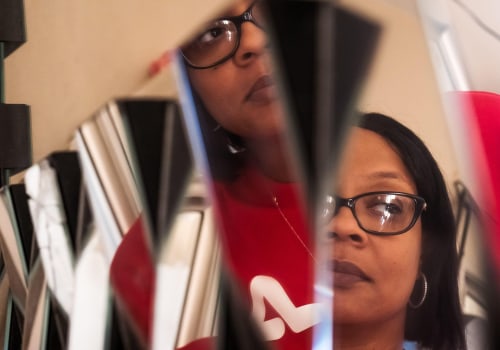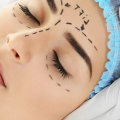The main cosmetic surgeries are breast augmentation, liposuction, nose reshaping, eyelid surgery, tummy tuck and facelift. Cosmetic plastic surgery includes surgical and non-surgical procedures that improve and reshape body structures to improve appearance and confidence.
Plastic
surgery is a broad field that covers both cosmetic (aesthetic) procedures and reconstructive procedures. Reconstructive surgery focuses on repairing or reconstructing problems caused by congenital deformities, removal of tumors such as cancer, trauma, or other reasons.Some other lesser-known plastic surgery procedures include carpal tunnel surgery, microsurgery, rhinoplasty, and peripheral nerve surgery. The plastic surgery residency training is designed to educate and train physicians extensively in the art and science of plastic and reconstructive surgery and to develop a competent and responsible plastic surgeon with a high moral and ethical character capable of functioning as an independent surgeon. Cosmetic eye surgeries can improve the appearance of the area around the eyes, which is affected by the aging process. Plastic surgery can often help improve a person's self-esteem, confidence, and overall quality of life.
If you've always thought that cosmetic surgery and plastic surgery were one and the same thing, you're not alone. For example, breast enlargement surgery is considered a purely aesthetic procedure and is rarely covered by insurance. Cosmetic plastic surgery (also called cosmetic surgery) refers to procedures that improve the appearance of the face and body. Choose a board-certified plastic surgeon and trust that they are in the care of a highly trained surgeon you can trust.
If you are looking for a life in surgery that is exciting, interesting, satisfying and diverse, plastic surgery would be an excellent career option. Plastic surgery is different from cosmetic surgery, which is surgery that is done solely to change a person's appearance to achieve what they feel is a more desirable aspect. The training, experience, and knowledge required to become a board-certified cosmetic surgeon reflect a specialization that goes beyond what is needed to earn board certification in a related discipline, such as plastic surgery. While many plastic surgeons choose to complete additional training and also perform cosmetic surgery, the basis of their surgical training remains reconstructive plastic surgery.
However, one of the greatest attributes of plastic surgery is the variety of conditions that fall into the area of expertise in the treatment of those working in the field. Since cosmetic surgery and plastic surgery have different practice objectives based on a specific set of procedures, it only follows that the training and certification process for a board-certified cosmetic surgeon will be very different from that of a board-certified plastic surgeon. If you're thinking about plastic surgery, find out everything you can about the specific procedure you're considering and discuss it with your doctors and parents.







